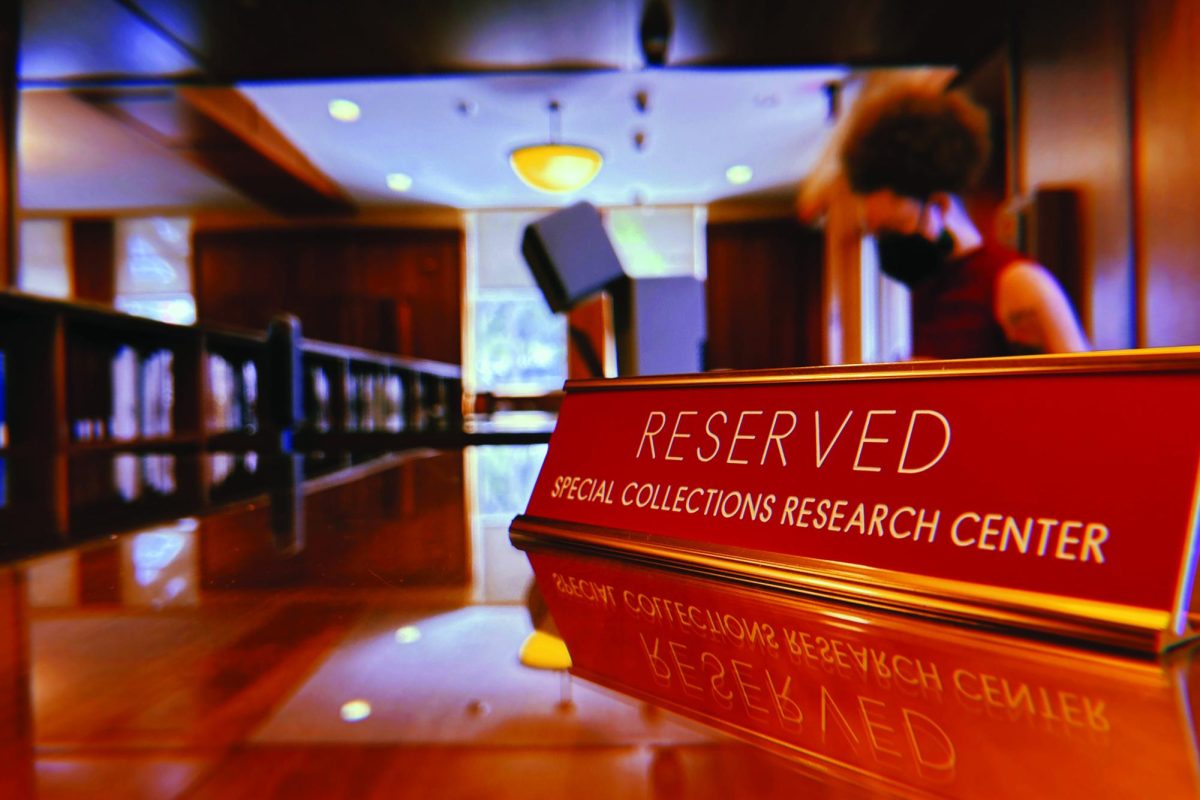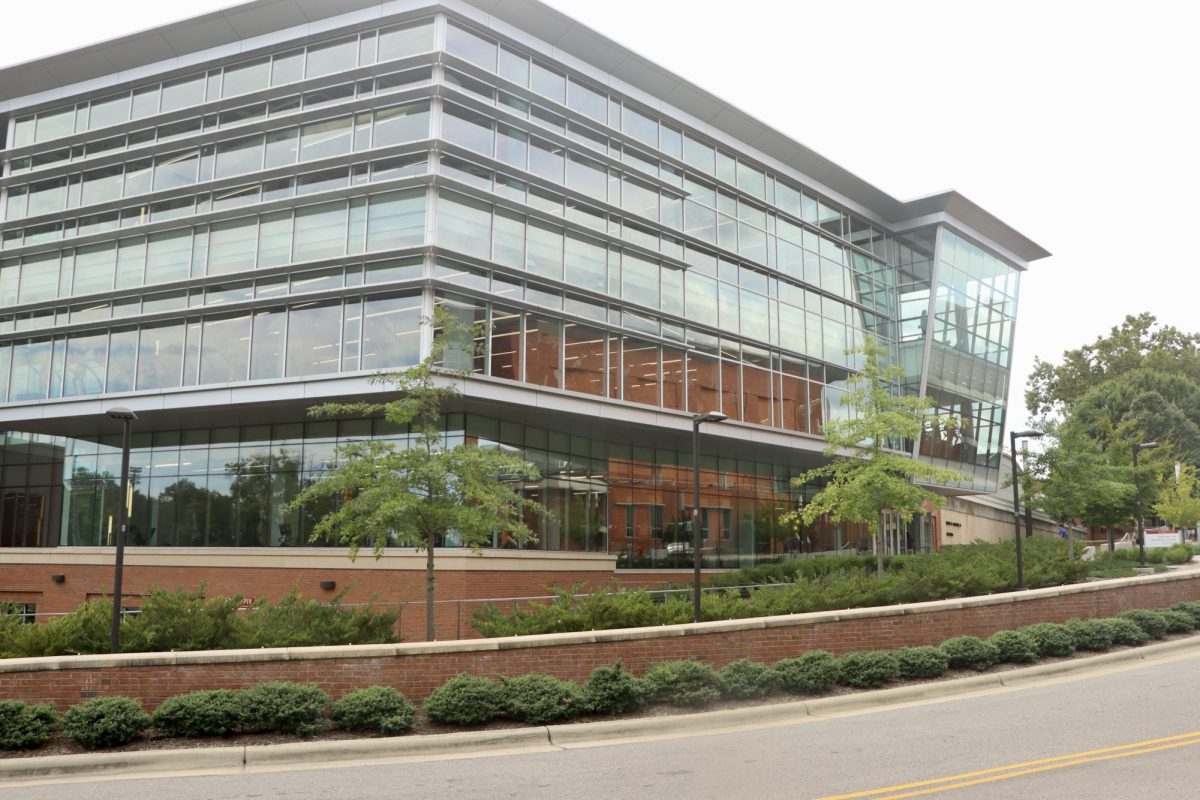For the past three years, Park Scholars and bone marrow donor registry organization DKMS have been collaborating to organize donor registration drives on campus. Although last year the donor drives focused on recruiting minority students, this year the team is reaching out to anyone on campus who is willing to participate.
Before a patient can receive a stem cell or bone marrow transplant, they must be matched with a donor. Matching involves testing both donor and recipient to determine their HLA typing.
“HLA is your human leukocyte antigen, and basically it’s your genetic markers,” explained Bob Murray, U.S. East Coast donor recruitment team manager at DKMS. “When someone has a blood cancer or blood disease, when it gets to the point when chemotherapy and radiation don’t work and they have to go to a transplant, the reason why they’re looking for someone that has a very compatible HLA typing is that the body won’t reject it.”
Matches are more common among people of the same ethnicity, and minorities are underrepresented on the donor registry. Because of this, it can be difficult for minority patients to match with donors.
“Caucasians make up about 67 percent of the registry,” Murray said. “If you’re Caucasian, most likely you’re going to find a match. But any ethnic group outside of Caucasian, we need them to register.”
Last year, three Park Scholars worked with DKMS to organize donor drives. Carson Lay, a senior studying aerospace engineering, Donnielle Jones, a junior studying chemical engineering, and Neelam Modi, a senior studying biomedical engineering, focused on recruiting minority students to join the registry. Drives were also held at the Asian Focus Career Development Conference and at the NC State Powwow, an annual event that honors Native American culture.
This year, Park Scholars sophomores Charlotte DeVol, studying biomedical engineering, and Christian Rust, studying textile engineering, are set to work with DKMS to plan the donor drive. While the group still hopes for minority student donors, their involvement will no longer be the main focus.
“We’re definitely working with minority clubs on campus to get their members involved and hopefully work with us during this event as well as get them registered [to donate],” Rust said.
When asked which clubs they would be working with, DeVol answered, “any and every club that’s willing to help out.” This will include organizations that do not have a predominately minority member base.
“The goal is to get as many people as possible to be able to donate because we want to find a match,” DeVol said. “Reaching out to those minorities is a huge part of that because everyone’s different and the more types of different people we’re able to reach out to gives us a better chance of finding a match.”
Rust explained that they do not want to register people who are not serious about donating. “We want to make sure they know what they’re getting into and that when they do get called they understand the big impact that they can have and that they’d be willing to go the extra mile to help save someone’s life.”
According to Murray, it was difficult to get enough participation from students by only attending minority-sponsored events last year.
“We’re still going to target different minorities, but it’s to come to one big event,” Murray said.
The “big event” this year is still in the planning stages, but Rust and DeVol would like to devote an entire week to donor recruitment. They are hoping to have guest speakers, musical performances and other events throughout the week to motivate people to register. They expect the week to be held during the spring semester and would like to have it take place before spring break.
This project is part of Rust and DeVol’s Civic Engagement Initiative, or CEI. Over the course of their sophomore year, all Park Scholars have a requirement to complete a CEI, in which they pair up with an organization to plan a project that will serve a community need.
DKMS first began working with Park Scholars in 2014, when it partnered with Sammi Fernandes, a senior studying biological sciences, to plan what became the largest bone marrow donor registration drive that NCSU has ever seen. Over the past three years, about 500 people from NC State have registered. Of those, 13 have been matched with patients and five have actually donated.
“There’s a lot of patients that, when you get the call, you’re it,” Murray said. “You’re the only person that they can find in the world to match them. That’s what’s so exciting about the five donors that we’ve had so far from State. They were willing to step up and say, ‘Yeah, I’ll do it.’”



